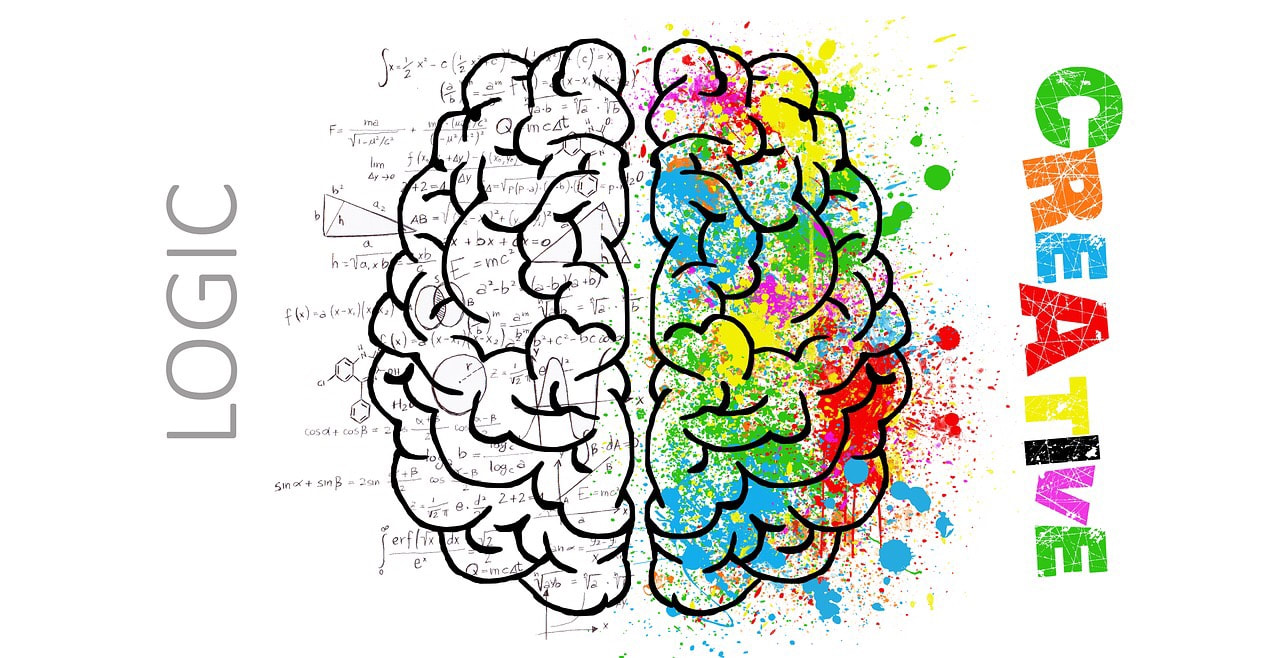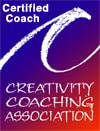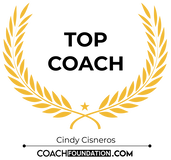|
This week we will continue to explore traits that are common among creative people- these in particular are part of a category that scientist Mihaly Czikszentmihalyi believes exist in a uniquely, diametrically opposed way. What interests me in this research is partially these qualities as innate to the creative personality, but also this paradoxical tension between naturally occurring opposing forces within. The idea of this as unique to the creative personality speaks ultimately to the drive and power I feel when working with creative people. Without further ado, let’s explore the traits (adapted from “Creativity” by Mihaly Czikszentmihalyi):
So, creative, does any of this sound familiar? Most of it? All of it? Let’s talk more about how these qualities exist within you, and how you can harness them to create your best life. (C) 2018 Creatively, LLC Comments are closed.
|
get more from The Creativity CoursesLiking educational topics and knowing what's hot in creativity? Creatively has online courses, with an interactive creative community, coaching sessions and more in the Creativity Courses. Want these blogposts in a newsletter? Subscribe here, and get a free gift. Cindy Cisnerosis a Creativity Coach, Creative Therapist and Professional Artist in Sykesville, Maryland. She is an expert straddling the realms of arts, creativity research, psychology, therapy, and coaching. She provides Online Creativity Counseling in Maryland and Virginia, and Online Creativity Coaching throughout the USA, Canada and the UK tailored for the discerning, imaginative, artistic, and neurodiverse. The information provided in this blog is from my own clinical experiences and training. It is intended to supplement your clinical care. Never make major life changes before consulting with your treatment team. If you are unsure of your safety or wellbeing, do not hesitate to get help immediately.
Archives
July 2024
|
|
Concierge Therapy for Creatives in Maryland
Creativity Coaching Worldwide including the USA, UK and Canada |
Telephone |
|


 RSS Feed
RSS Feed

